David Bremner wants to read The Grief of Stones by Katherine Addison
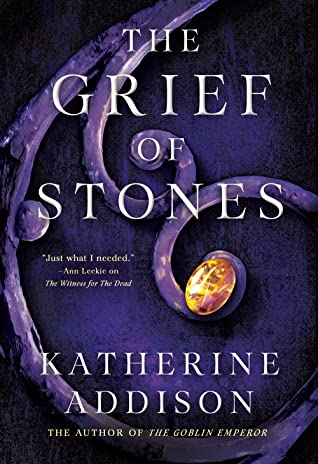
The Grief of Stones by Katherine Addison
In The Grief of Stones, Katherine Addison returns to the world of The Goblin Emperor with a direct sequel …
computer scientist, mathematician, photographer, human. Debian Developer, Notmuch Maintainer, scuba diver
Much of my "reading" these days is actually audiobooks while walking.
FediMain: bremner@mathstodon.xyz
bremner@bookwyrm.social is also me. Trying a smaller instance to see if the delays are less maddening.
This link opens in a pop-up window

In The Grief of Stones, Katherine Addison returns to the world of The Goblin Emperor with a direct sequel …
I don't dive locally much any more, but I'm still interested in the local shipwrecks
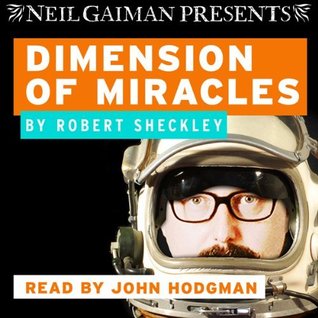
Dimension of Miracles is a satirical science fiction novel first published by Dell in 1968. It's about Tom Carmody, a …
@amilcaralzaga@universeodon.com Sorry, I don't understand your question. I was pointing out where people could buy the book if they wanted. I'm not the author (or a shareholder in macmillan, or whatever).
On sale DRM free for $2.99 (Canadian!) at ebooks.com.
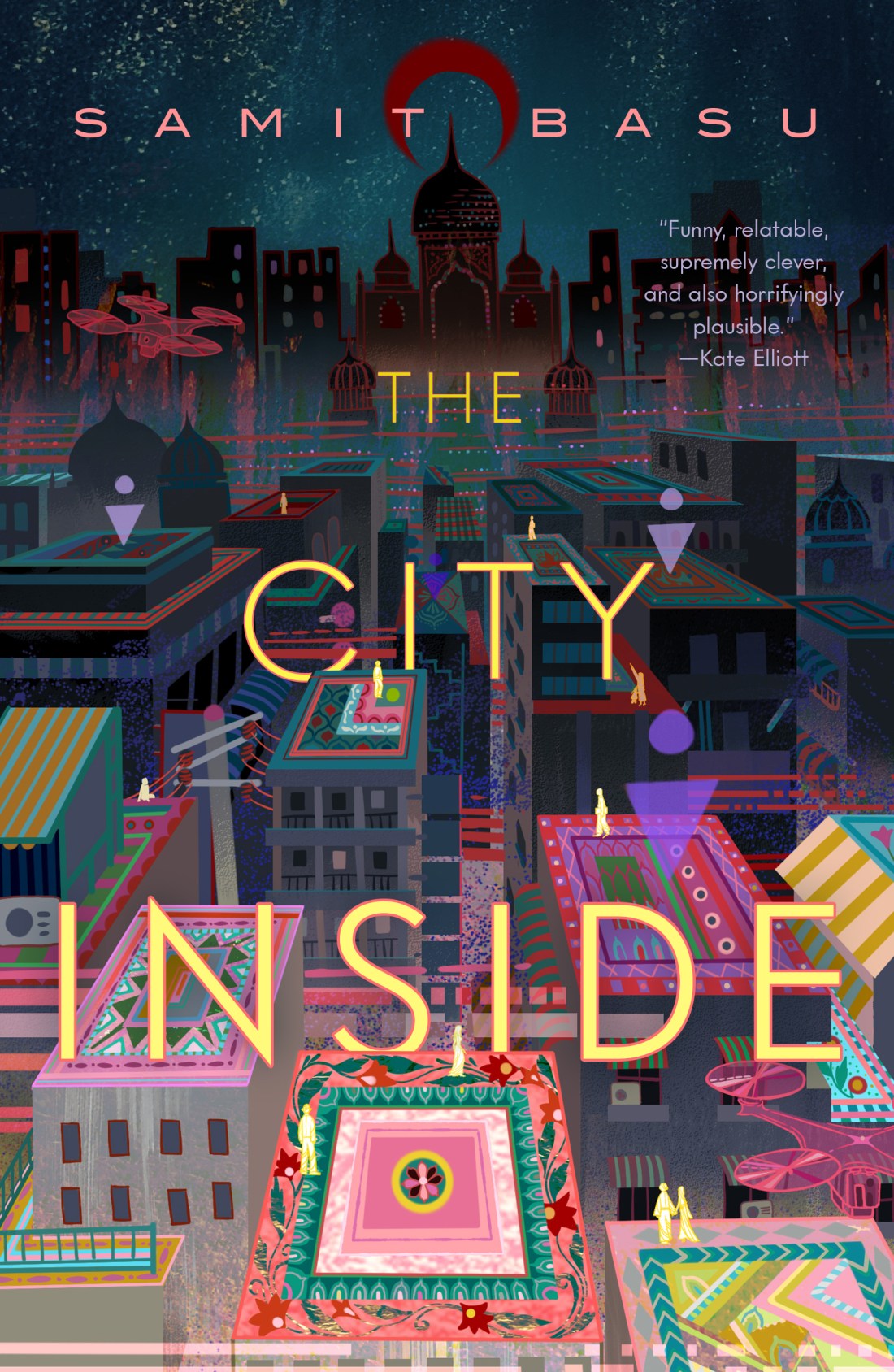
“They'd known the end times were coming but hadn’t known they’d be multiple choice.”
Joey is a Reality Controller in …
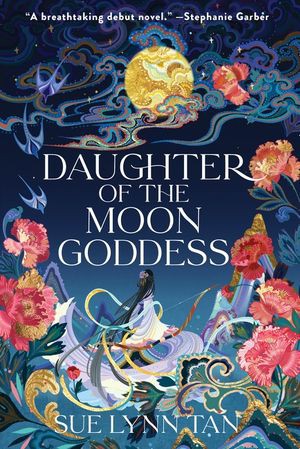
Growing up on the moon, Xingyin is accustomed to solitude, unaware that she is being hidden from the powerful Celestial …
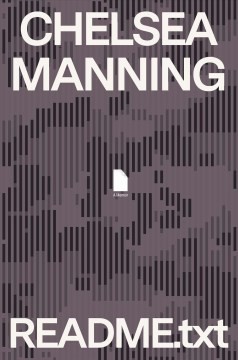
An intimate, revealing memoir from one of the most important activists of our time.
While working as an intelligence analyst …
The timing is a bit ironic, a plague book being released just as COVID19 was becoming a household word.
The central plot device is a plague that kills almost all y-chromosome bearers. This leaves plenty of room for sly observations on human nature.
The surviving boy (Miles) spends much of the book disguised as a girl. This is a purely practical thing, I don't think people looking for a trans-kid coming of age story will find it here. On the other hand I do think it looks at coming of age issues related to sexuality and (fluidity-of) gender in a respectful and authentic way.
The main villain/anti-hero is Miles' aunt Billy who is charismatic and funny but narcissistic to the level of being dangerous to herself and others. She seemed like a not-so-heavily-veiled dig at the "heroic-entrepreneur", but I might just be projecting my own biases.
Miles' mother Cole is …
The timing is a bit ironic, a plague book being released just as COVID19 was becoming a household word.
The central plot device is a plague that kills almost all y-chromosome bearers. This leaves plenty of room for sly observations on human nature.
The surviving boy (Miles) spends much of the book disguised as a girl. This is a purely practical thing, I don't think people looking for a trans-kid coming of age story will find it here. On the other hand I do think it looks at coming of age issues related to sexuality and (fluidity-of) gender in a respectful and authentic way.
The main villain/anti-hero is Miles' aunt Billy who is charismatic and funny but narcissistic to the level of being dangerous to herself and others. She seemed like a not-so-heavily-veiled dig at the "heroic-entrepreneur", but I might just be projecting my own biases.
Miles' mother Cole is smart enough to make the snappy dialog believable, but also fallible, so that her struggles are not just with the US government and your usual assortment of post-apocalyptic feral road trip characters, but also with herself.
There are certainly a few twists in the plot, but for me the main dramatic tension was from the reader being a bit ahead of the characters, and knowing their story arcs are headed for trouble, separately and together.
The recently-read-by-me book it most resembles is Station 11. I'm not sure which one is better, they have a rather different feel to them. Station 11 envisions a post-technological future, while Afterland is more or less our a current world, where (almost) all of the villains and heroes happen to be (cis) women. If pressed, I would say that Afterland is more fun, while Station 11 is more beautiful.